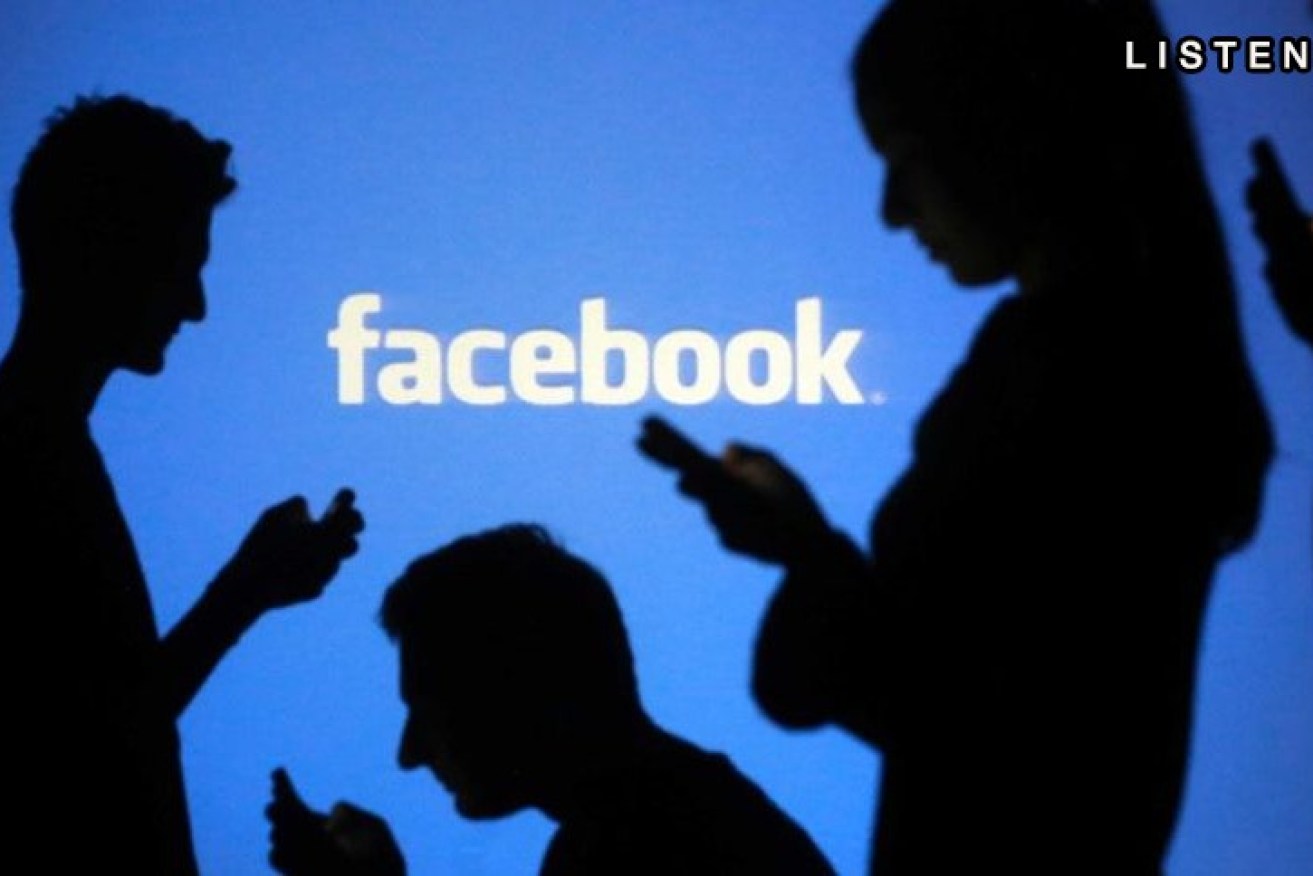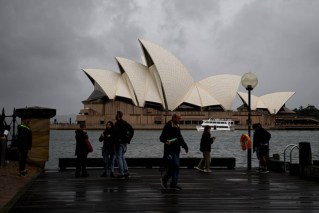Facebook hit with Section 18C racial discrimination complaint over ‘hate speech’


Facebook says it has invested $US13 billion over the past few years in keeping the platform safe. Photo: AAP
A Muslim advocacy group has lodged an official complaint of racial discrimination against Facebook, demanding the social media giant take more action to stop hate speech.
Facebook has been accused of breaching the controversial Section 18C of the Racial Discrimination Act, and allowing hateful content targeting Muslims and other racial groups in its online “echo chambers”, by not responding more forcefully to complaints.
But the company has hit back at the claims, defending its processes and saying its AI software helps “proactively detect 97 per cent of what we remove”.
The Australian Muslim Advocacy Network, in what it claims is a nation-first legal challenge, has lodged official action with the Australian Human Rights Commission alleging “direct and indirect discrimination” online.
“This is the first time we’re connecting the Racial Discrimination Act to a tech company in Australia,” AMAN adviser Rita Jabri-Markwell told The New Daily.
“This is a very overdue question mark.”

The complaint claims Facebook discriminated against Muslims. Photo: AAP
In the official complaint to the commission, seen by TND, Ms Jabri-Markwell claims Facebook Australia and its director of public policy have discriminated against Muslims.
Her complaint alleges she “experienced racial hatred”, claiming Facebook’s actions constituted “a failure to moderate hate speech, dehumanising conspiracy theory and disinformation targeting people of Islamic faith”.
Ms Jabri-Markwell alleges Facebook directly and indirectly discriminated against “Australian Muslims of Arab, Middle-Eastern, South Asian, Asian, African backgrounds, or immigrant status”, through not taking stronger action on hate speech.
The complaint claimed Facebook was “liable for the user-generated hate speech” on its platform, which AMAN alleges breaches Section 18C of the Racial Discrimination Act.
That provision, a key political battleground in recent years, makes content unlawful if it is “reasonably likely” to “offend, insult, humiliate or intimidate” a person or group based on race or ethnicity.
Ms Jabri-Markwell refers to a specific incident in August 2020, where she said she provided details of specific hateful content on Facebook.
She claimed Facebook “refused to take action on the forums referred to” and ignored her suggestions on improving assessment processes around hate speech.
“Facebook allows pages or groups to continue on their platforms if they superficially characterise or position themselves as ‘anti-Islam’ or ‘counter jihad’, even when Middle Eastern, African, South Asian and Asian people are being routinely and dangerously dehumanised,” Ms Jabri-Markwell’s complaint continued.
“Facebook’s refusal to treat these external links and related pages and groups for what they truly are, perpetuates systemic and structural racism, causing significant psychological harm and distress, as well as a loss of security and freedom of expression to the Australian Muslim population.”

Facebook will face the Human Rights Commission complaint. Photo: Getty
In a statement, a Facebook company spokesperson said the company was working hard to detect and remove hateful content.
“We do not allow hate speech on Facebook and regularly work with experts, non-profits, and stakeholders to help make sure Facebook is a safe place for everyone, recognising anti-Muslim rhetoric can take different forms,” the spokesperson told TND.
“We have invested in AI technologies to take down hate speech, and we proactively detect 97 per cent of what we remove.”
TND understands Facebook and AMAN have been in negotiations for some 12 months over this issue.
Facebook’s policies already prohibit the attack of people based on characteristics, like being a Muslim or Christian, but do allow criticism of institutions like Christianity or Islam.
This distinction is at the heart of AMAN’s complaint, with the advocates claiming pages that criticise Islam are being used to foster hate against Muslims.
However, Facebook says it is aware of this, and is working to crack down on “thinly veiled” proxies used to attack minority groups by trying to skirt policy restrictions.
TND understands Facebook is also working to better identify such areas, and make better distinctions on where to “draw the line”.
AMAN is concerned the social media platform is not taking a more proactive approach to weeding out hateful content, like it does on COVID misinformation.
“We want Facebook to apply Australian law and meet Australian standards. We have the Racial Discrimination Act, with protections against hate speech, but it doesn’t appear Facebook is meeting that standard,” Ms Jabri-Markwell said.
“The burden is falling on communities to report everything to them, but they’re not making the systemic changes needed. We’ll be arguing that amounts to discrimination.”
She said AMAN had provided Facebook with specific lists of websites promoting hateful content and fake news against Muslims, and asked for links from those websites to be blocked from the platform.
She alleges instead that Facebook only acts reactively, once hateful content is specifically reported.
“Auto-detection tools and reporting tools do not reliably identify anti-Muslim hate speech and calls to violence contained in comment threads,” Ms Jabri-Markwell said.
“While Facebook has rightly acted to recognise harmful stereotypes targeting Jewish people as part of violence-inducing conspiracy networks in 2020, it has failed to do so for Muslim people, despite the Christchurch massacre in 2019, the Oslo massacre in 2011 and numerous terror and hate crime attacks between and since.”
In its complaint, AMAN calls for Facebook to block a certain list of hateful websites, further enforce its existing standards around racist content, and insert specific protections for Muslims in its hate speech policies.
AMAN also asked for Facebook to provide it with a donation and online advertising credit, so it can “continue to push global solutions towards racism”.








